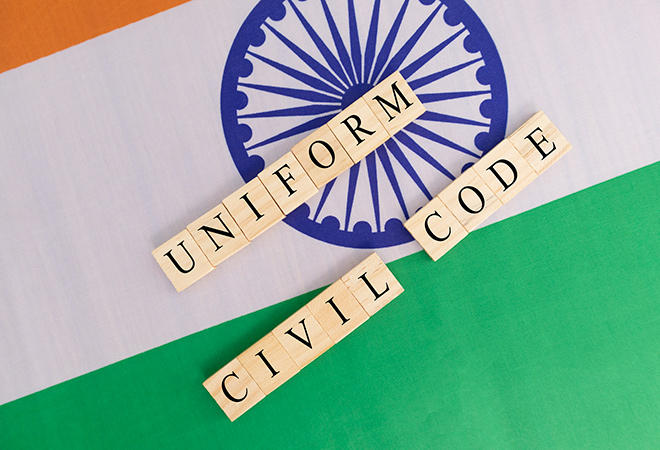In India, the concept of The Uniform Civil Code has been subjected to discussion and debates for various decades. The idea behind Uniform Civil Code is to have a common set of laws governing personal matters like divorce, marriage, adoption, and inheritance of all citizens, in respect of religious affiliations.
India is a diverse country that has various religious laws and religions. There are different personal laws for the different communities of religion.
What does the Indian Constitution say about UCC?
The Indian Constitution under Article 14 is referred to as the directive Principles of State Policy. It states that the state needs to secure the UCC for the citizens.
The framers of the Indian Constitution left the discretion of the government to implement a Uniform civil code and recognize the complexity and sensitivity of the issue. Over the years, several governments discussed and debated the implementation of UCC, but still, it is considered a politically sensitive topic.
Different Civil Codes in India
Many personal laws are governed in India according to different matters, like inheritance, marriage, divorce, and others, based on customs and religious texts. The main religious communities of India are Muslims, Hindus, Sikhs, and Christians, which have their laws.
-
Hindu personal law
The Hindu personal laws have come from ancient customs and religious texts. The Hindu Marriage Act of 1955 applies the divorce and marriage laws for Hindus religion people. On other hand, the Hindu Succession Act of 1956 handle the matters related to inheritance. Under the Hindu Succession Act of 1956, Hindu women get the same rights to inherit property from their parents and have the same respect as Hindu men.
-
Muslim personal law
In India, Muslims follow the Muslim personal law based on Shariah. The Muslim Personal Law Application Act of 1937 regulates matters related to divorce, marriage, maintenance, and inheritance among Muslim people.
-
For Paris, Christians and Jews
The Indian Succession Act of 1925 applies to the Jews, Christians, and Paris people. In this, the women get the predetermined share based on the presence of children or other relatives. The widows of the Parsi religion get equal shares as their children, with half of the kids sharing going to decease, parents if they are alive.
Why has UCC become the controversial topic
Here are arguments passed by the supporters and opponents of Uniform Civil Code.
-
Religious and Cultural Diversity
India is a country rich in religion and culture. It is considered the home to various religions, and everyone comes with its traditions, customs, and personal laws. It is determined that the UCC poses challenges to Indian diversity because it replaces the religious laws with the UCC for all people. There are arguments also made on UCC that shows the culture of India.
-
Protection of Minority Rights
The main concern raised by the UCC opponents is the potential effect on minority communities. Personal laws are interviewed with the religious practices and identity of communities. They argue that it imposes the civil code may dilute the unique protections and rights enjoyed by minority groups. The good thing is that it is Protecting minority rights and preserving crucial practices to do in India.
-
Political Considerations
The UCC is considered the subject of political posturing and maneuvering. The political leaders used it as the issue to consolidate the appeal to the Constitution. The nature of the potential effect on communities and religious identity made it a global topic.
-
Gender Equality and Women’s Rights
UCC Proponents made argue that the implementation of the uniform code promotes the equality and rights of women by eliminating the practices present in religious laws. They believe that a common code ensures equal divorce, marriage, maintenance, and inheritance rights.
-
National Integration
Many people believe that the common civil code will apply national integration by making sense to promote among the religious communities of India. The best thing is that it strengthens the culture of India. On the other hand, some people believe that the UCC is highly sensitive and complex and give the customs and beliefs diversity to India.
Conclusion
The uniform civil code gets the same arguments from the Indian Constitution in terms of laws. But it also became a controversial topic in India for the above reasons.


